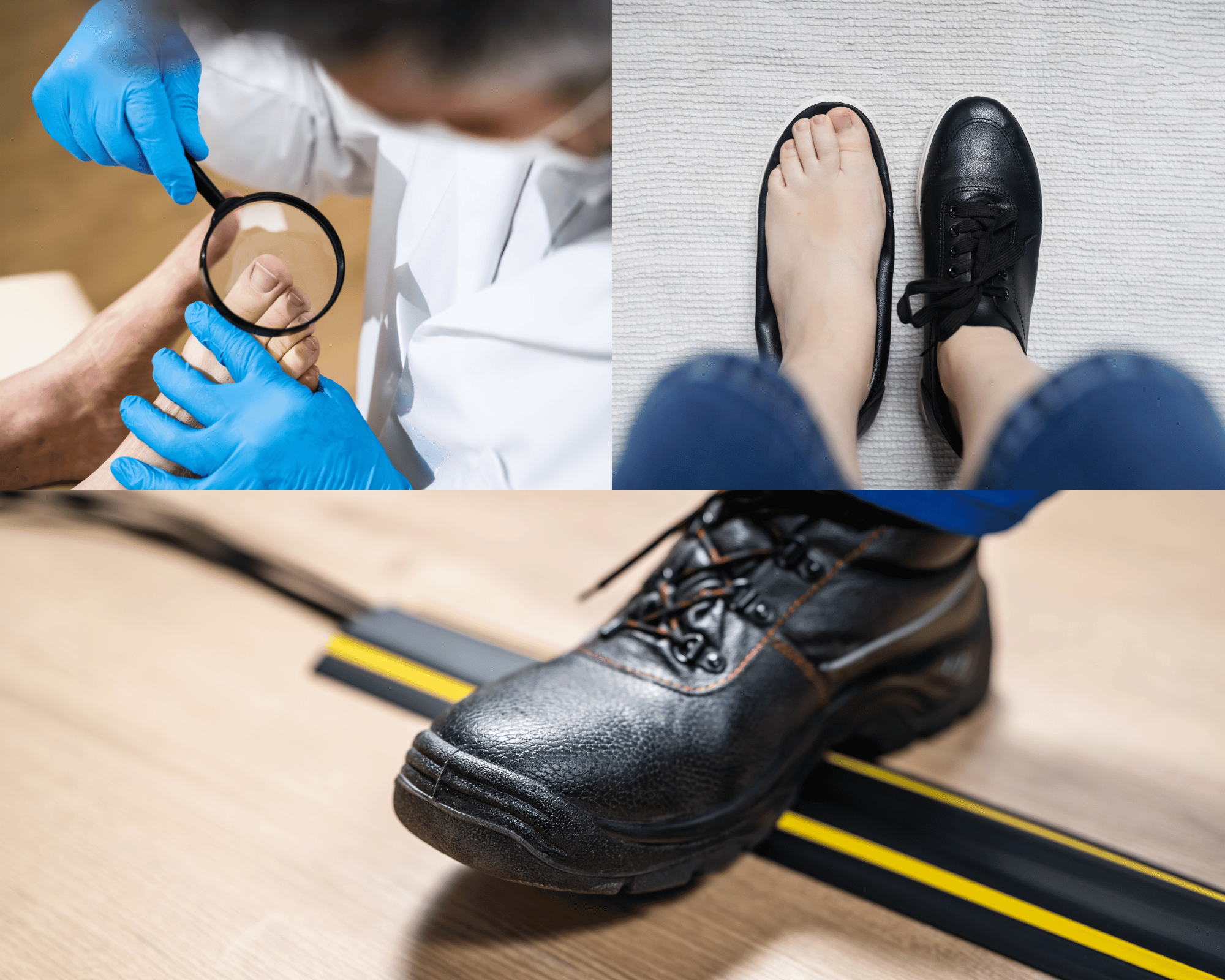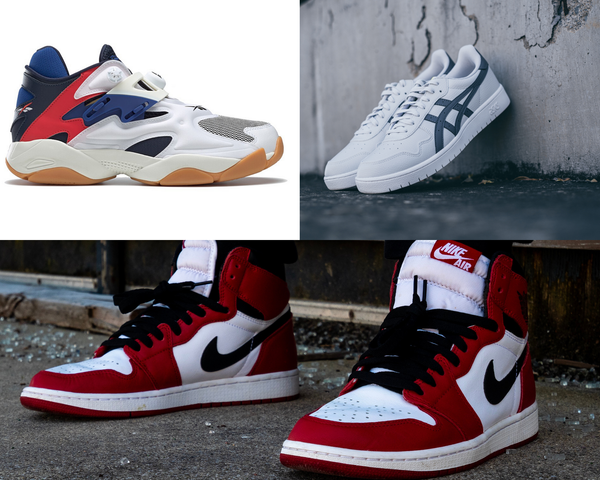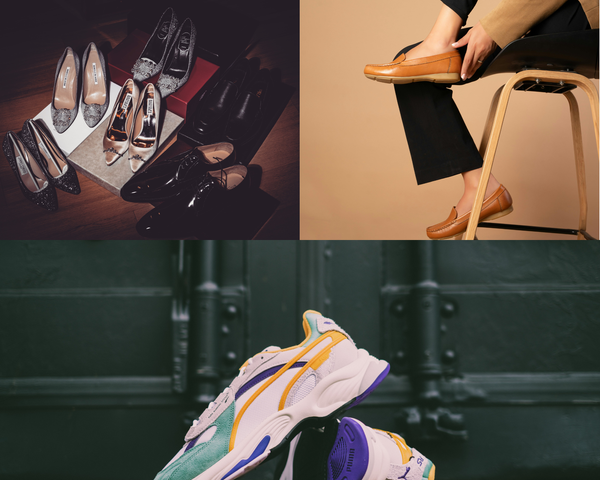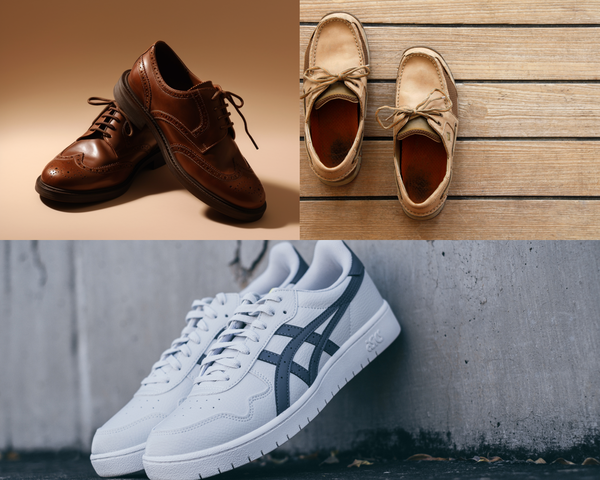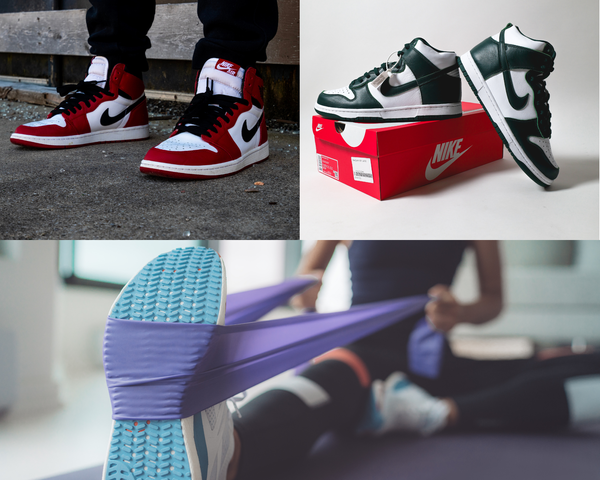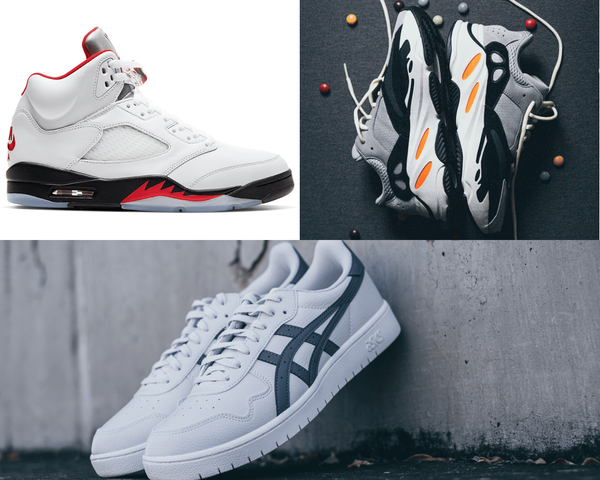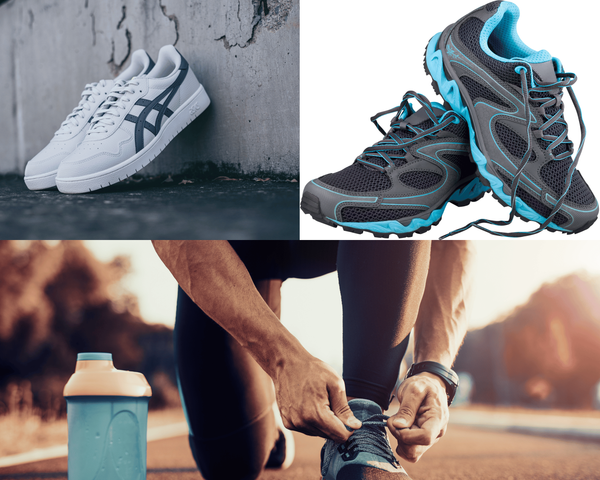Choosing the best shoes to prevent ingrown toenails can significantly improve your foot health. In this guide, we’ll detail what features to look for and recommend top footwear options to help you avoid this painful condition.
Key Takeaways
- Choosing properly fitting shoes is essential to prevent ingrown toenails, as both tight and loose shoes can create pressure and discomfort.
- A wide toe box and soft, flexible materials are crucial in footwear design, as they allow for natural toe movement and minimize pressure on toenails.
- Regular nail trimming techniques and recognizing signs of worn-out shoes are important practices to maintain foot health and prevent ingrown toenails.
Choosing the Right Fit
Choosing shoes that fit well is essential in preventing ingrown toenails. Properly fitting shoes alleviate pressure on the toes, preventing toenails from growing into the skin. Ill-fitting shoes, whether too tight or too loose, can lead to various toenail problems, including ingrown toenails.
Tight shoes squeeze your toes together, increasing the risk of ingrown toenails, causing ingrown toenails by applying excessive pressure. Conversely, shoes that are too loose allow your toes to slide and press against the front of the shoe, which can also cause ingrown toenails. Finding shoes that offer a snug yet comfortable fit is key.
Prioritize comfort when selecting shoes. Look for footwear that minimizes friction and irritation around the toenails. Regularly check your shoes to ensure they continue to fit well and provide the necessary support. If you frequently experience toenail issues, consult a podiatrist for recommendations on proper footwear to prevent recurrence.
Wide Toe Box for Comfort
A wide toe box can significantly reduce the risk of ingrown toenails by accommodating the natural shape of your foot. This design allows your toes to spread out naturally, helping to maintain healthy feet.
When your toes have enough room to lay flat and move freely, the likelihood of toenails growing sideways and into the skin decreases. Choose shoes with rounded or square toe boxes that provide ample space for your toes. Stylish options are available that incorporate healthy toe spacing.
Consider sandals with wide toe boxes for added comfort. Sandals allow your toes to spread comfortably, preventing ingrown toenails and other foot problems. Providing your toes with plenty of space helps avoid the discomfort and complications of ingrown toenails.
Soft and Flexible Uppers
The upper part of your shoe significantly influences the prevention of ingrown toenails. Shoes made from soft and breathable materials reduce pressure on the toes and minimize moisture. Opting for footwear with flexible uppers helps eliminate pressure points around the toenails, thus helping to avoid ingrown toenails and minimizing the risk of ingrowth.
Materials like leather and mesh are recommended for shoe uppers due to their flexibility and breathability. In contrast, rigid shoes often create pressure points that can worsen ingrown toenail conditions. Choosing shoes with soft and flexible uppers ensures better foot health and comfort.
Rigid and non-breathable shoe materials can increase pressure on your toenails, contributing to the development of ingrown toenails. When choosing shoes, prioritize materials that offer both flexibility and breathability.
Avoiding High Heels
High heels may be fashionable, but they can be a nightmare for your toenails. Excessive pressure from wearing high heels can cause toenails to grow into the skin. High heels often feature narrow toe boxes that compress your toes, significantly increasing the risk of ingrown toenails.
Elevated heel height transfers your body weight to the front of your foot, applying undue pressure on your big toes. This unnatural weight distribution can lead to toenail problems and alter your natural gait. If you must wear heels, choose shoes with a lower heel height and wider toe box to reduce the risk of ingrown toenails.
For those who love their high heels, alternating between high heels and more supportive footwear can help prevent ingrown toenails and maintain healthy feet. Balance is key to keeping your feet happy without compromising your style.
Orthotic Support
Orthotic support can be a lifesaver for those prone to ingrown toenails. Custom orthotics alleviate discomfort and improve foot function by providing the necessary support and alignment. These devices help distribute pressure evenly across your feet, reducing the likelihood of developing ingrown toenails.
Enhancing foot alignment, orthotics play a vital role in maintaining overall foot health. If you frequently experience toenail problems, consulting a podiatrist for custom orthotic devices can be an effective solution. Orthotics not only prevent ingrown toenails but also contribute to better posture and reduced foot pain.
Breathable Materials
Shoes made from breathable materials are essential for preventing ingrown toenails. These materials adapt to the shape of your foot and enhance air circulation, keeping your feet dry and healthy. Materials like mesh and canvas are particularly effective in promoting ventilation and comfort.
Breathable materials prevent moisture accumulation, which can lead to fungal infections and ingrown toenails. Keeping your feet dry minimizes the risk of toenail and skin issues. Open-toed sandals are another excellent option as they facilitate air circulation and help keep your feet dry.
Choosing shoes made from breathable fabrics ensures that your feet stay comfortable and healthy, reducing the risk of infections and other foot conditions. Prioritizing breathable materials in your footwear is a simple yet effective way to maintain good foot health.
Sandals as an Alternative
Sandals can be a comfortable and healthy alternative to closed shoes, especially if you are prone to ingrown toenails. Sandals provide breathing space for your toes, reducing the risk of pressure-related issues. Unlike closed shoes with tight toe boxes, sandals allow your toes to spread out naturally, promoting comfort and preventing toenail problems.
For those experiencing minor ingrown toenail symptoms, sandals or low-heeled open-toed shoes are recommended. They provide a pressure-free environment, improper nail trimming, toe box, wear shoes, crucial for recovery and prevention. Incorporating sandals into your footwear rotation gives your toes the freedom they need to stay healthy.
Proper Nail Trimming Techniques
Proper nail trimming techniques prevent ingrown toenails. Trim your toenails straight across to avoid them growing into the surrounding skin. Using a straight-edge tool like nail clippers is important for effective and safe toenail trimming.
A common mistake is cutting the nail too short at the corners, which can lead to ingrown toenails. Avoid trimming your toenails too short or rounding the edges. Always leave a thin white line when cutting your toenails to ensure you’re not cutting too close to the skin.
Regular and proper nail trimming helps maintain foot health and prevents discomfort. Following these simple techniques significantly reduces the risk of ingrown nails and ingrown toenails, and keeps your nail bed healthy.
Signs You Need New Shoes
Recognizing when you need new shoes is crucial for maintaining foot health. Generally, shoes should be replaced every 8 to 12 months, or earlier if they show visible signs of wear and tear. Worn-out footwear can lead to discomfort and potential foot problems, wearing shoes, preventing ingrown toenails including ingrown toenails.
Signs that your shoes need replacing include thinning soles, excessive wear on the heel or ball of the foot, and visible creases in the midsole. Holes or tears in the seams of your shoes are also clear indicators that it’s time for a new pair.
Paying attention to these signs and replacing your right shoes when necessary helps prevent foot problems and ensures you wear shoes that keep your feet healthy and comfortable.
Getting Professional Help
Sometimes, despite your best efforts, recurrent ingrown toenails can become a recurrent issue. In such cases, seeking professional help to identify and address the underlying causes is crucial. Podiatrists can offer treatments like toenail splints or partial nail removal, which might be necessary for recurrent cases.
Infections that arise from ingrown toenails may require prompt medical intervention, such as antibiotics prescribed by a podiatrist. Regular foot check-ups help detect potential issues early, ensuring prompt treatment and preventing complications.
Consulting a foot care specialist ensures you receive proper treatment and advice for maintaining healthy feet.
Summary
In summary, preventing ingrown toenails starts with choosing the right footwear. From selecting shoes that fit properly to opting for those with a wide toe box and breathable materials, every choice can impact your foot health. Remember to avoid high heels when possible, consider orthotic support, and practice proper nail trimming techniques.
By paying attention to these details, you can maintain healthy feet and avoid the discomfort of ingrown toenails. Take action today and make informed choices for your footwear—your feet will thank you.
Frequently Asked Questions
Why is it important to choose shoes with a wide toe box ingrown toenail?
Choosing shoes with a wide toe box is crucial as it enables your toes to spread naturally, which helps prevent issues like ingrown toenails. This fosters overall foot health and comfort, ensuring a more pleasant walking experience.
How often should I replace my shoes?
You should replace your shoes every 8 to 12 months, or sooner if you notice any signs of wear such as thinning soles or holes. Regularly assessing the condition of your shoes is essential for maintaining foot health.
Can high heels cause ingrown toenails?
High heels can indeed cause ingrown toenails due to the excessive pressure they place on the toenails and their narrow toe boxes, which can lead to compression of the toes. It is advisable to choose footwear that provides ample space for toe movement to prevent such issues.
What materials are best for shoes to prevent ingrown toenails?
Breathable materials such as leather and mesh are the best for shoes to prevent ingrown toenails, as they help reduce pressure on the toes and minimize moisture buildup.
When should I seek professional help for ingrown toenails?
You should seek professional help for ingrown toenails if you experience recurrent issues or signs of infection, as a podiatrist can offer effective treatments like toenail splints or partial nail removal.


